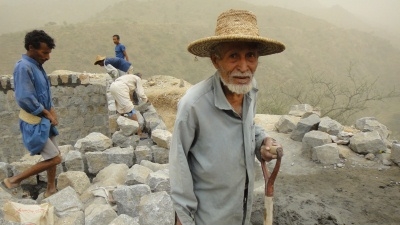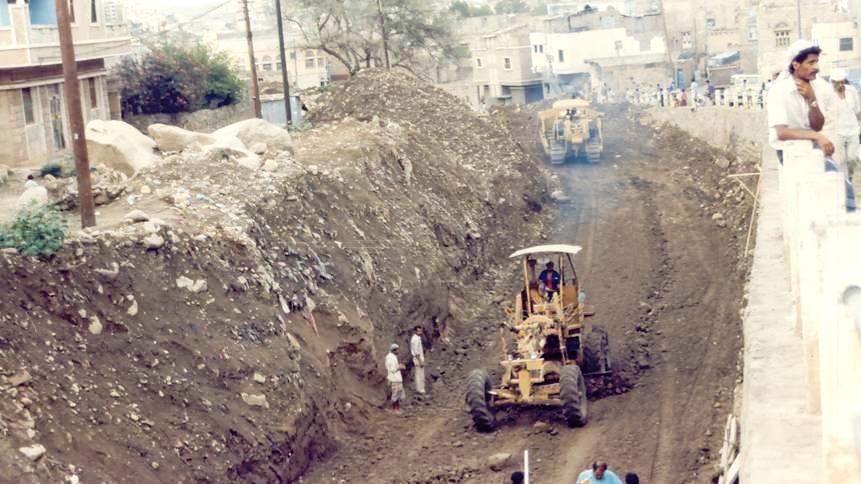Following the signing in late 2011 of the Gulf Cooperation Council Sponsored peace agreement, after nearly a year of conflict, Yemen faced the dual task of launching a delicate political transition while rebuilding the economy. This challenge was made even harder by the urgent humanitarian needs of the population. Yemen faced poverty rates above 30% before the revolution but these had since climbed to above 40%. As a longtime development partner, the World Bank was fully committed to supporting the efforts of the Government of National Reconciliation to rebuild and create the kind of stable environment needed for the political transition. One of the top priorities was addressing the country’s urgent humanitarian needs.
Around 70% of Yemen’s population of 22.5 million lives in rural areas. Poverty is concentrated in this rural population, with rates far higher than the national average. The mountainous terrain and the isolation of small settlements, combined with the lack of decent roads, have left many disconnected from centers of economic activity and out of reach of basic services. The frustration with social and economic exclusion that played a major role in the revolution is starkly apparent among these communities. It is estimated that 90% of the rural population lives below the poverty line. The year of instability made their situation even more precarious and required immediate action.
A Labor Intensive Public Works project was launched in early 2012, funded by a US$65 million grant from the International Development Association, the Bank’s fund for the poorest countries. The goal of the project was to create short term employment opportunities in Yemen’s poorest communities. The work generated would be for the construction of vital basic infrastructure. While individuals would benefit from jobs, communities would end up with improved access to health and education services, mains sewage and water, and paved roads.


